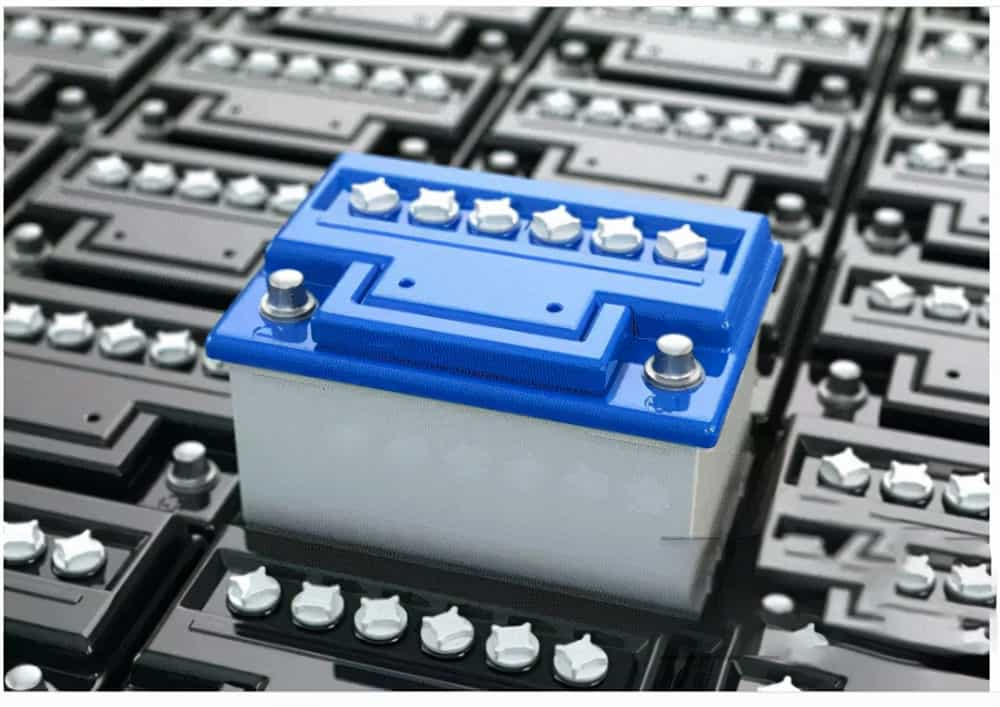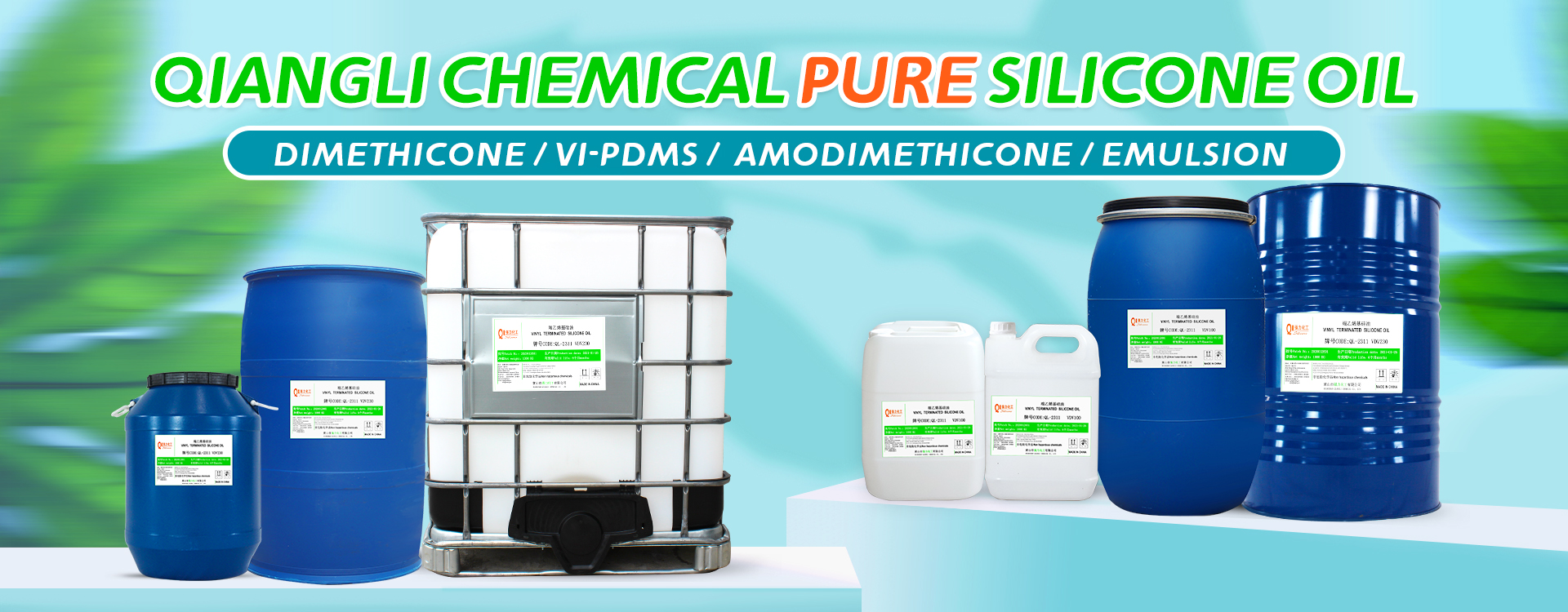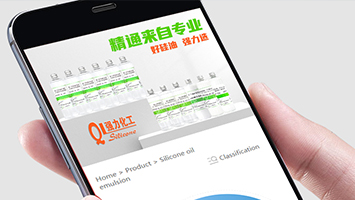
Lithium batteries have a wide range of applications, ranging from daily consumer goods to industrial applications. Lithium batteries play an important role in many fields due to their high energy density, long life and environmental protection characteristics. Here are some main application areas:
Transportation power supply: lithium batteries are widely used in the transportation field, including electric vehicles, electric bicycles, electric motorcycles, etc. Compared with traditional lead-acid batteries, lithium batteries have higher energy density and longer endurance capacity, making electric vehicles more light, fast and safe. Especially in the field of electric vehicles, lithium-ion batteries, as a power source, not only reduce environmental pollution, but also improve the vehicle's endurance capacity, which is an important direction for the future development of the automotive industry.Electric energy storage power supply: lithium batteries also have important applications in the field of electric energy storage, including solar power plants, wind power plants and other renewable energy storage systems. The energy storage function of lithium batteries can effectively balance power supply and demand, improve energy efficiency, and promote the wide application of renewable energy.
Mobile communication power supply: in mobile communication equipment, lithium batteries are widely used in mobile phones, laptops, tablet computers and other portable electronic devices. These devices have high requirements for the energy density and charging speed of batteries, and the high performance of lithium batteries makes them an ideal choice for these devices.
New energy energy storage power supply: the application of lithium batteries in the field of new energy is equally important, including energy storage power stations, household energy storage systems, etc. These applications help to realize the efficient storage and utilization of energy, and promote the transformation and upgrading of energy structure.
Aerospace special power supply: in the aerospace field, lithium batteries are used in the power system of satellites, rockets and other spacecraft. Lithium batteries are ideal for these demanding applications due to their high energy density and long life characteristics.
Other applications: in addition, lithium batteries are also used in medical equipment, military equipment, scientific research instruments and other fields. For example, portable monitoring instruments in medical equipment and portable communication equipment in military are inseparable from the support of lithium batteries.
As a key material to protect lithium batteries, the compatibility between thermal conductive potting adhesive and internal materials of lithium batteries is an important factor to ensure the safe and stable operation of batteries. Today, Xiaobian and everyone discussed this issue in detail:
Material selection and Design: in the research and development process of lithium battery thermal conductive potting adhesive, its compatibility with various materials inside the lithium battery will be fully considered. This includes positive and negative electrode materials, electrolyte, diaphragm and battery shell. Through scientific material selection and reasonable design, the thermal conductive potting adhesive can ensure that no harmful chemical reaction will occur when contacting with these materials.
Non corrosive formula: non corrosive formula is widely used for thermal conductive potting adhesives of modern lithium batteries, which means that they will not cause corrosion or damage to the metal parts and electronic components inside the battery when they are in contact. This formulation is carefully designed and tested to ensure stable performance in a variety of working environments.
Comprehensive testing and certification: in order to ensure the compatibility of thermal conductive potting adhesive, the manufacturer will carry out a series of strict testing and certification. These tests include but are not limited to thermal stability test, chemical stability test, electrical insulation test and long-term aging test. Through these tests, the stability and reliability of the thermal conductive potting adhesive in the long-term use process can be verified.
Practical application case: in practical application, lithium battery thermal conductive potting adhesive has been successfully applied to various types of lithium batteries, including new energy vehicle batteries, energy storage system batteries, etc. These application cases proved the good compatibility between thermal conductive potting adhesive and internal materials of lithium batteries, as well as its remarkable effect in improving the safety, stability and heat dissipation performance of batteries.
In conclusion, the thermal conductive potting adhesive for lithium batteries has good compatibility with the internal materials of lithium batteries and will not cause harmful chemical reactions. When selecting and using, it is recommended to refer to the product instructions and relevant test reports provided by the manufacturer to ensure that the selected products meet the actual needs and application scenarios.




